TULARÙ
The animal farm alone, however, would not have allowed to develop a project capable of truly benefitting local areas. The training course Miguel and Alessandra attended with Fondazione Garrone helped them identify the product that was bound to become a “binder”, an element connecting different businesses. That’s how the wheat supply chain was born.
The wheat supply chain
The supply chain project is aimed at sustaining the local micro-economy by promoting a local product Bread and fresh pasta are made with stone-ground whole flours obtained from the following wheat varieties: Rieti 1, Biancola, Terminillo, Abbondanza and the Rieti1-Verna-Frassineto mix. “In 2019 the farms taking part in this project cultivated 22 hectares, against the 15 hectares of 2018 and the 5 of the first year – says Miguel – We are already recording a steady growth, and there are other businesses interested in joining us next year”.
Why is the supply chain important? “A process involving several businesses, like ours, enables us to set a price, and this, in turn, ensures added value for the local areas and allows to pay a fair price for the raw materials, too”. This way, wheat processors in the Rieti-area supply chain pay one kilo of flour €1.50, while on the market you can find flours at €0.30 or €0.40/kilo. Among the companies that have undersigned the agreement is also Colle Berardino di Rocca Sinibalda, – its owner, Alice Liguori, took part in the ReStartApp course in 2017.
Tularù was inspired by Nazareno Strampelli, a geneticist who from the 1910s to the 1930s – starting from the variety “Grano Rieti” – created new wheat varieties that soon spread all over Italy.
“Tularù” has thus become the cornerstone of a supply chain that, in 2019, involved nine different farms, a laboratory making fresh pasta in town (Chitarra Antica), and a baker (Panificio Sant’Agnese) – all sharing common regulations. “Our objective is to create an economy that will benefit local areas and producers, truly exploiting their unique potential, and keeping in these areas the added value that stems from it – explains Miguel Acebes – In “Tularù” I have rediscovered the reason why I had decided to be an actor: I was driven by the will to live in an environment where deep relationships are forged. I felt content when I worked with amateur and professional theatre companies, but I have now realised that the land is an even stronger common denominator – through it, relationships become universal”.
